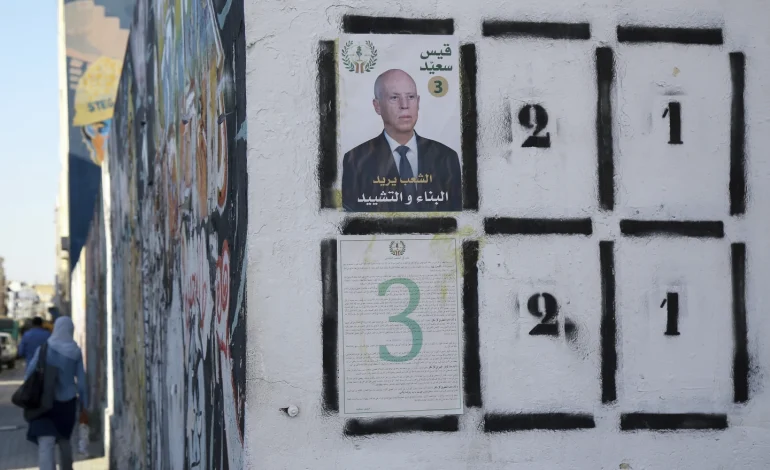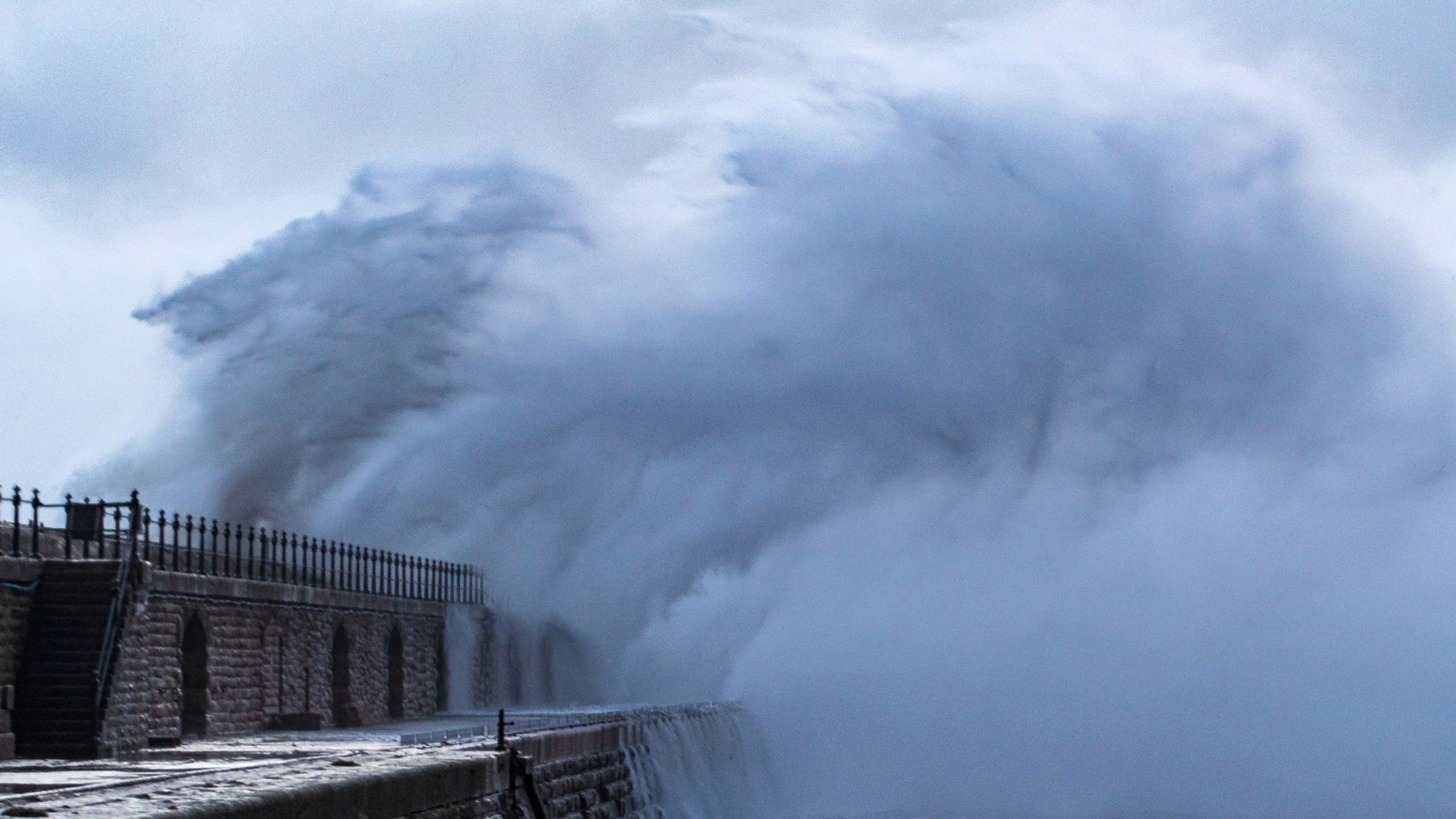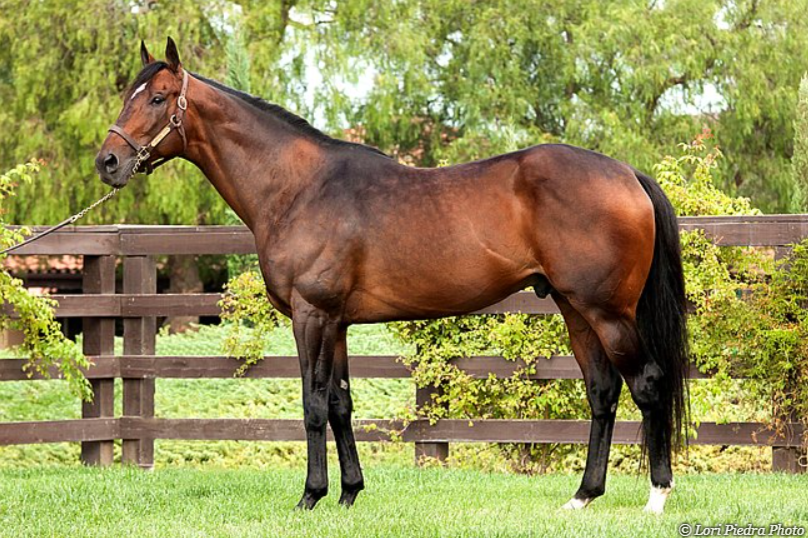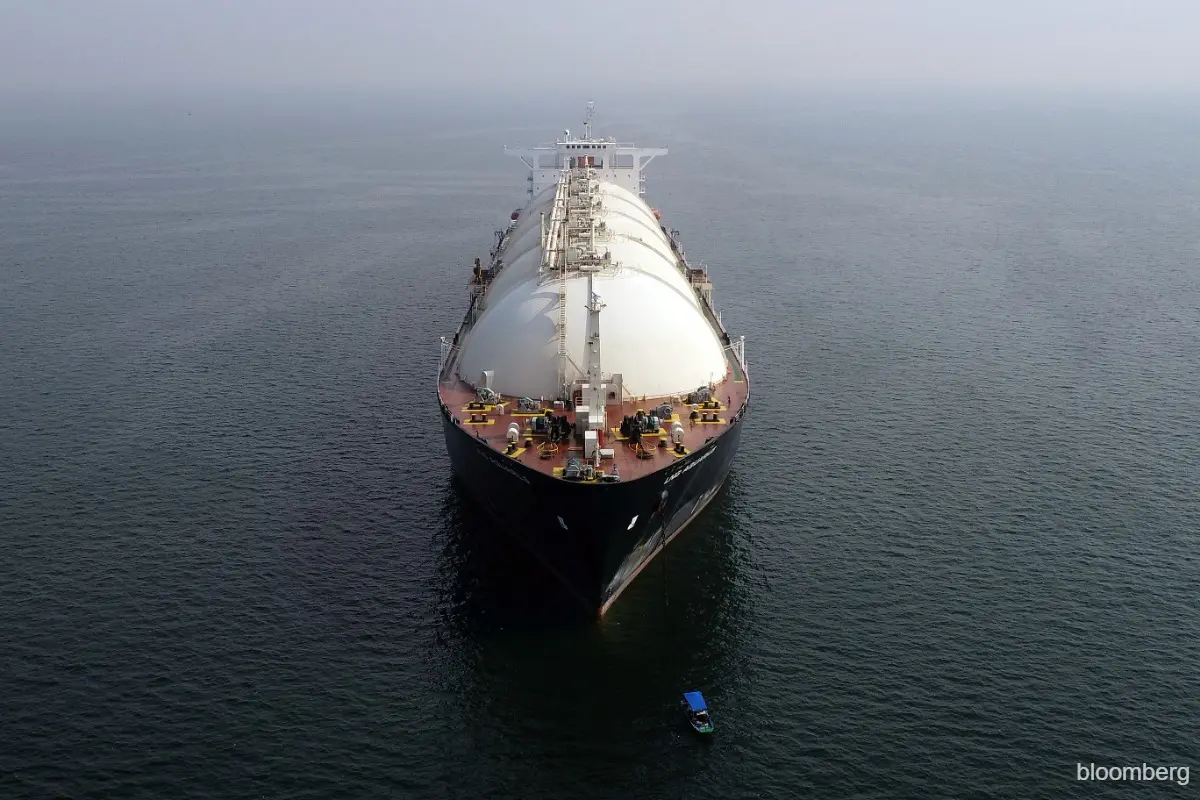Tunisia’s Election: Far Cry From Arab Spring Hopes, As Saied Faces Little Opposition

Tunisian President Kais Saied is poised for a resounding victory in Sunday’s presidential election, facing minimal opposition in a race widely criticized as lacking fairness and transparency, The Associated Press reports.
The election, Tunisia’s third since the Arab Spring uprising of 2011, marks a stark departure from the democratic aspirations that once characterized the country.
Once hailed as the Arab Spring’s sole success story, Tunisia has witnessed a concerning decline in democratic values under Saied’s leadership. His rise to power in 2019, fueled by anti-establishment sentiment, was initially met with hope for reform. However, his actions since 2021, including the dissolution of parliament, rewriting the constitution, and a crackdown on dissent, have drawn widespread condemnation from international observers and opposition groups.
While Saied’s supporters remain loyal, drawn to his promises of a “New Tunisia” and his forceful approach, concerns remain about the extent of his popular support. The absence of a strong opposition, due to arrests, intimidation, and a rigged electoral process, paints a bleak picture of the state of democracy in the North African nation.
The election, marred by a boycott from major opposition parties and the imprisonment of key political figures, is a far cry from the democratic norms that characterized previous elections. The imprisonment of Rached Ghannouchi, the leader of the Ennahda party and a prominent critic of Saied, highlights the government’s willingness to silence opposing voices.
With only three candidates approved by the Saied-appointed election authority – Saied himself, Zouhair Maghzaoui, and Ayachi Zammel – the contest lacks any semblance of a fair and competitive race.
The limited participation of opposition figures and the questionable circumstances surrounding the election have sparked widespread condemnation. International observers have expressed concerns about the legitimacy of the process and the potential for a Saied victory to further solidify his authoritarian grip on the country.








